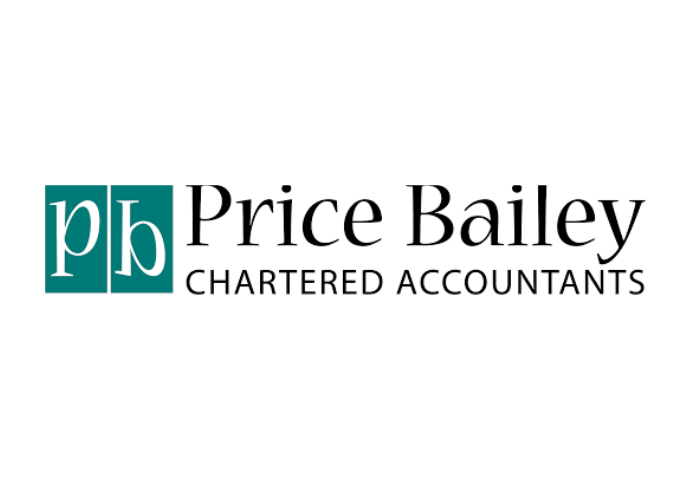Following changes to company size thresholds, thousands of SMEs will soon be exempt from mandatory financial audits. According to a Government source, the plans which are set to be implemented in the autumn, will relieve an estimated 13,000 UK companies from the requirement.
The change in the audit threshold will reflect the change in company size thresholds for periods commencing on or after 1 October 2024. All companies exceeding at least two out of three of the small company benchmarks (below), for two consecutive years, require an audit. In addition, any company in a group exceeding two out of three of small company thresholds, for two consecutive years, also requires an audit. Subsidiary exemptions are available in certain circumstances.
Old company size threshold
|
Threshold |
Micro |
Small |
Medium |
|
Turnover |
£632k |
£10.2m |
£25m |
|
Gross assets |
£316k |
£5.1m |
£18m |
|
Employee numbers |
10 |
50 |
250 |
New company size threshold
|
Threshold |
Micro |
Small |
Medium |
|
Turnover |
£1m |
£15m |
£54m |
|
Gross assets |
£500k |
£7.5m |
£27m |
|
Employee numbers |
10 |
50 |
250 |
Commenting on the change, Darren Amott, an Audit Partner at Price Bailey says:
“The audit threshold increase is a welcomed change for many SME’s. Many smaller organisations have been brought into audit requirement in recent years, simply due to rising inflation. The new threshold corrects this, while also offering reduced complexity and cost. All of which I expect will be supported by some SME business owners.”
Amott continues: “However it is important to note that not all businesses entitled to exemption will choose not to have an audit. Many business owners will still appreciate the oversight, reassurance and enhanced credibility offered by an audit. Additionally, some will undoubtedly continue to be asked by their investors, banks or other stakeholders to have an audit. We at Price Bailey firmly believe that certain companies, whilst technically now exempt, would still retain significant benefit from an audit.”
“There are also other options for businesses requiring enhanced assurance which, whilst not offering the same level of scrutiny, are potentially more cost effective than a full audit, such as an Assurance Report.”
Amott concludes: “I would also caution any company intending to take audit exemption to check that there are no other factors which would impact their eligibility for exemption. There are other factors which could make them ineligible, such as a clause in their Articles of Association, being part of an ineligible group etc…”
Find more information on the audit thresholds here.
To enquire about audit services contact Darren Amott.


